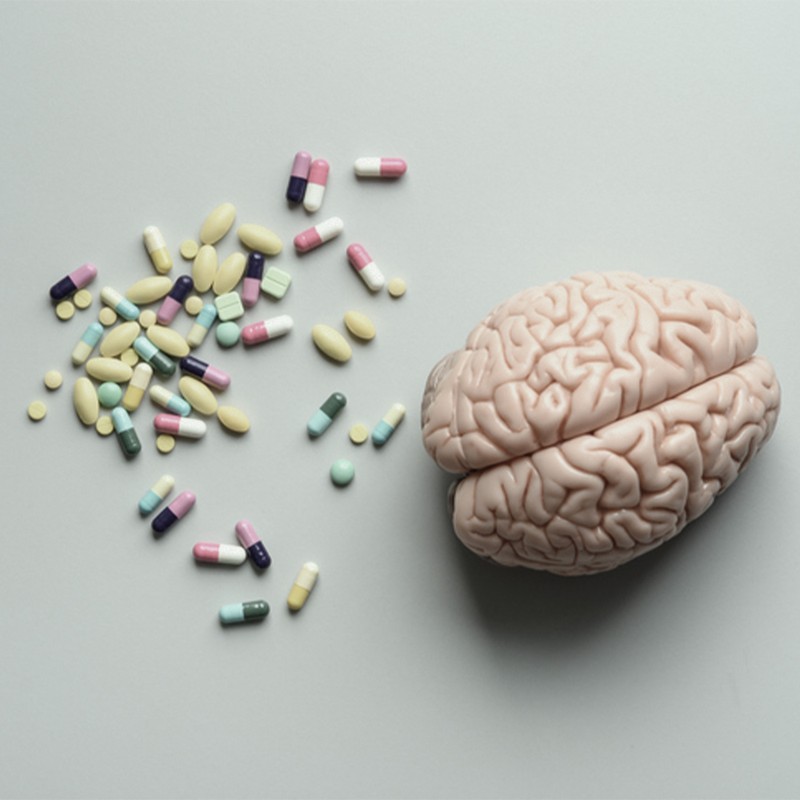How To Supercharge Your Brain
Stay Active…
“Keeping up with regular exercise can help keep your mind sharp as well as help you stay fit. Studies show aerobic exercise changes the human genome (our complete set of DNA) in ways that can slow down the ageing of our DNA or even reverse it. Research also shows aerobic exercise can increase the size of the hippocampus, leading to improvements in memory. One year of exercise training increased hippocampal volume by 2%; while, from late middle age, most of us lose around 2% of our hippocampal volume every year. In effect, persistent aerobic exercise protects our neural function – something we should all want to do. Regular exercise will also reduce the body’s level of insulin resistance, stress and inflammation, and promote the release of chemicals that promote the growth of new blood vessels in the brain.” – Professor James Goodwin, director of science & research at Brain Health Network
…And Spend Less Time Sitting Down
“Without a doubt, exercise rejuvenates the brain, although exercise alone is not enough. Aim for around 150 minutes of exercise per week but know that this isn’t an antidote for an otherwise slothful life. The benefits of exercise are eliminated by sitting down more than ten hours per day. Any activity, especially in a natural green or blue environment (by the waterside) will raise your sense of wellbeing and improve brain function.” – James
Stress Less
“Stress can seriously impact the brain. When you’re stressed, your brain goes through a series of protective reactions, some of which are good, but others are bad. Chronic stress can lead to long-term brain changes. Our brain is made up of support cells and neurons (grey matter), which are responsible for decision making and problem solving. The axons that connect other regions of the brain to communicate information are known as white matter, but stress can affect this process. Research shows stress can contribute to mood disorders and actually shrink the brain. One of the most powerful things you can do to counteract stress is to get quality sleep. A lack of sleep causes your grey matter to work less efficiently, thus making it less able to deal with stress. Also try writing a concrete ‘to do’ list daily. Writing tasks down stops them becoming overwhelming and stops your brain getting bombarded.” – Caroline Roberts, registered nutritionist & PT, & founder of MAWish
Try Nootropics
“Nootropics are most neatly defined as compounds that enhance an aspect of human cognition. In practical terms, they are a safe way to improve aspects of your brain function such as memory, focus or mood. Together these are often taken as the catch all term ‘brain health’. Caffeine is a classic example of a nootropic but there are others to look out for, including alpha GPC, bacopa monnieri and ginkgo biloba. These ingredients have a good deal of science and research linking them to all aspects of brain health from focus to memory and attention. Bacopa monnieri is also the subject of much research into Alzheimer’s. All these nutrients can be found in Form’s Edge daily nootropic. Like a multivitamin for the brain, it’s a fantastic cognitive enhancer.” – Damian Soong, wellness expert and co-founder of Form Nutrition
Look After Your Gut
“The bugs in our gut are a vast chemical factory that produce many molecules vital to brain health, such as serotonin, our feel-good hormone, yet we often starve them of the nutrients they need. Plus, cognitive functions, including learning capacity and memory, are closely related to the microbes in the gut. Eat a diverse range of high-fibre foods and cut down on refined, processed foods such as pizzas, burgers and ready meals. Where possible, eat more wholefoods, brightly coloured fruit and seasonal vegetables, all of which are rich in fibre, and consume natural sources of probiotic food such as kimchi, sauerkraut and miso, to support the diversity of your gut flora. Interestingly, beer is a yeast-laden beverage which is associated with a stable and healthy gut flora.” – James
Think Positive
“Research has shown those with a positive attitude to life will not only live longer by around seven years, but will also experience better wellbeing. Seek pleasure; socialise with people who are cheerful and who will raise your spirits; and don’t hold onto negative feelings. At the same time, give yourself a goal. Actively develop your personal and work-related goals to avoid drifting aimlessly through life. All research has shown that a purpose-filled life and achievement, no matter how small, results in better wellbeing.” – James
Have More Sex
“Sex is one of the most beneficial activities for the brain. Not only is sex a valid form of aerobic exercise, but it also improves mood, reduces stress, and provokes and improves neurogenesis. Regular sex is an essential part of a brain healthy lifestyle.” – James
Stay Social
“Social isolation and loneliness are the enemy of brain of health. They raise the levels of inflammation in the body and activate the release of stress hormones such as adrenaline and cortisol. Loneliness is also associated with changes in brain structure: smaller volume in certain brain areas, smaller individual brain cells and reduced connections between cells, including the white matter tracts. Countless research shows building up good cognitive reserve through a rich social life, education and learning new skills at any age is thought to protect brain health.” – James
Eat A Colourful Diet
“If there was ever a diet to benefit brain health it would have to be the rainbow diet. Think of it as the Mediterranean diet with plenty of pulses, beans, whole grains, vegetables, fruits and extra virgin olive oil, but with a focus on eating lots of different colours of plant. The polyphenols which give plants their bright colours are the perfect building blocks for our gut microbes to make helpful postbiotics that help reduce inflammation. These polyphenols also reduce oxidative stress in the brain and improve blood circulation by helping look after our blood vessels.” – Dr Federica Amati, nutritionist & chief nutrition scientist for Indi Supplements
Stock Up On Brain Superfoods
“What we eat can have a significant effect on how well our brain performs. Berries, for example, are a rich source of antioxidants, which can protect your brain cells from damage and age-related memory loss, while avocado is a great source of lutein, an important nutrient for brain health which has been shown to improve working memory in the long-term as well as boosting your problem-solving skills. Meanwhile, compounds in oregano may increase brain waves associated with relaxation and concentration; a handful of walnuts can help with memory and reaction times; and oily fish like salmon and mackerel has been linked to improved memory and learning ability.” – Caroline
Experiment With Intermittent Fasting
“Intermittent fasting has been shown to be helpful for brain health. Whilst not a ‘dietary approach’ as such, it is a method of going for periods without food (e.g., skipping a meal) and reducing calories at the same time. From simple evolutionary terms we are designed to go without food for long periods simply because food was difficult to get in hunter-gatherer times. Going without food activates several genetic and metabolic pathways related to survival that can help the brain. Studies also show intermittent fasting can increase neuroplasticity in the brain as well as increase autophagy – the body’s way of getting rid of dead cells and recycling molecules.” – Pete Williams, functional medicine doctor
Book In With The Hygienist
“It may sound far-fetched, but looking after your teeth is a key part of keeping your brain healthy. Science has shown that bad bacteria in your mouth can get past gums that are unhealthy (bleeding, receding or gum disease) and get into the body, where they can make their way to the brain, causing the brain’s immune system to react and in turn triggering oxidative stress and inflammation. This leads to less-than-optimal brain function and can increase your risk for Alzheimer’s.” – Pete
Make Some Simple Swaps
“Men are often marketed the very worst processed food solutions for concentration and energy. A very simply swap to make for improved brain health and focus is to ditch energy drinks for a matcha green tea or a coffee, and swap energy bars for a mixed natural nut and dried fruit trail mix, which you can easily make at home. Making sure you drink enough water throughout the day is another simple but effective way to improve mental acuity – dehydration is terrible for concentration. Thirdly, avoiding highly processed and sweet foods as snacks will help avoid blood glucose crashes that can lead to feelings of tiredness and an inability to focus.” – Federica
Think your brain could do with some TLC? Caroline shares the signs that your cognitive function could do with a helping hand…
When your work and personal calendar is packed, it’s easy to forget things, but constant forgetfulness is a sign of stress. If you’re finding it hard to focus or are forgetting things that once came easy to you, give your brain some TLC.
Anxiety can increase digestive acid and lead to heartburn, gas, bloating and diarrhoea. If this sounds familiar, it could be worth reducing stress to better support your brain.
Stress can overwork your adrenal glands and reduce production of aldosterone, which regulates fluid levels and can lead to dehydration. The brain is 75% water, so keep this in control.
Too much or too little sleep is a sign, as are strange dreams. If you find yourself waking up with vivid or bad dreams, your brain may be subconsciously dealing with things you haven’t yet accomplished or worked through.
Shop These Expert Approved Products
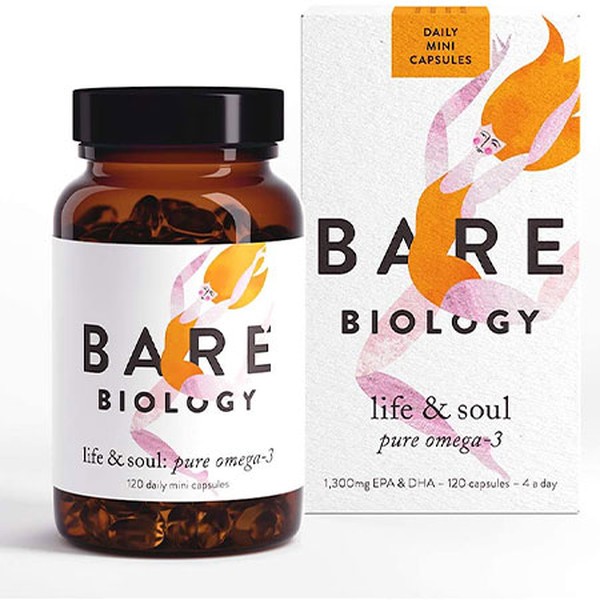
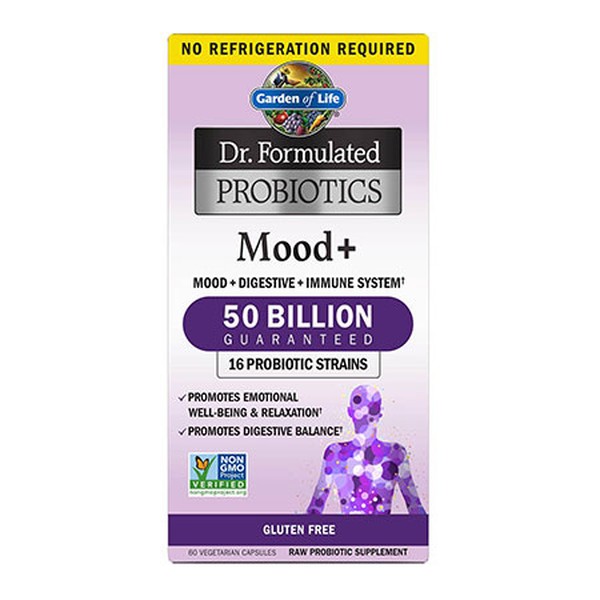
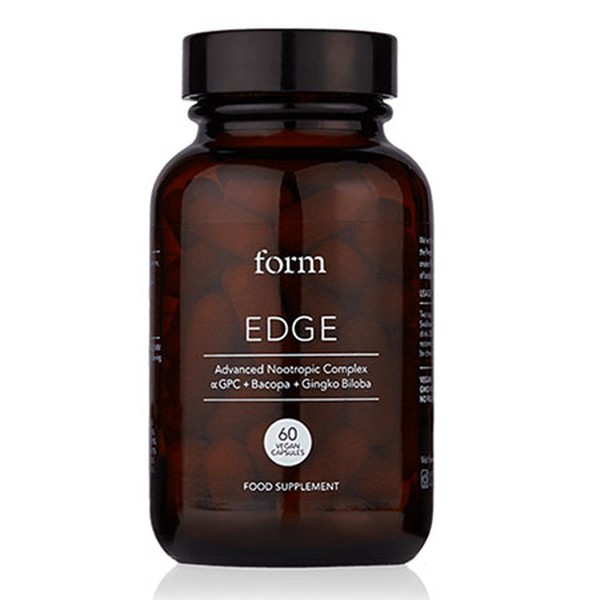
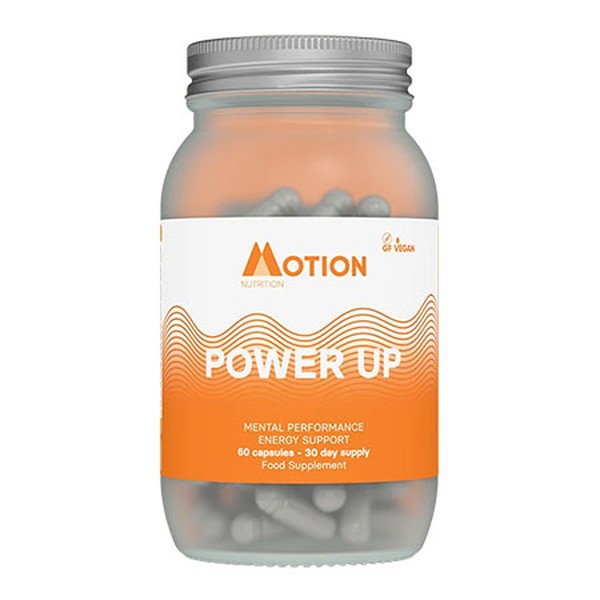
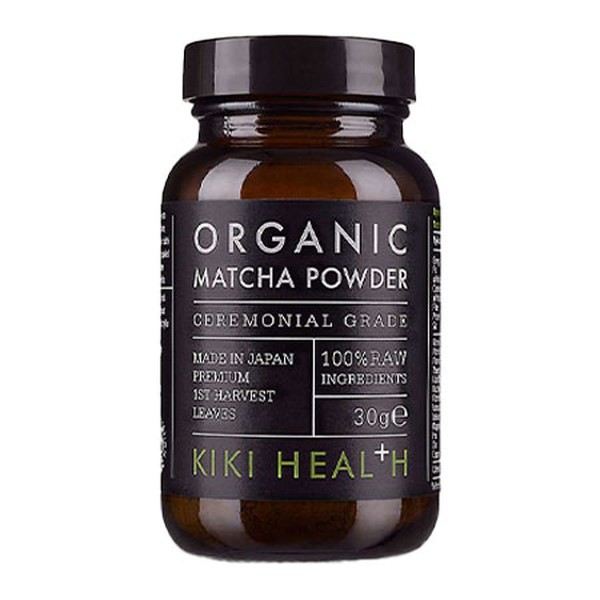
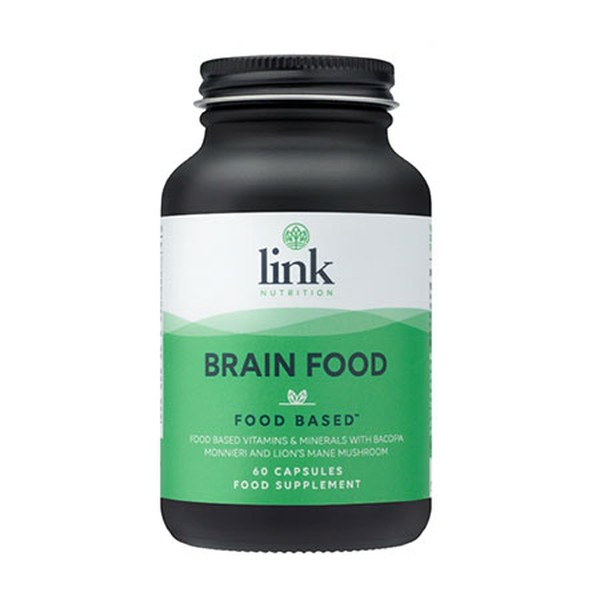
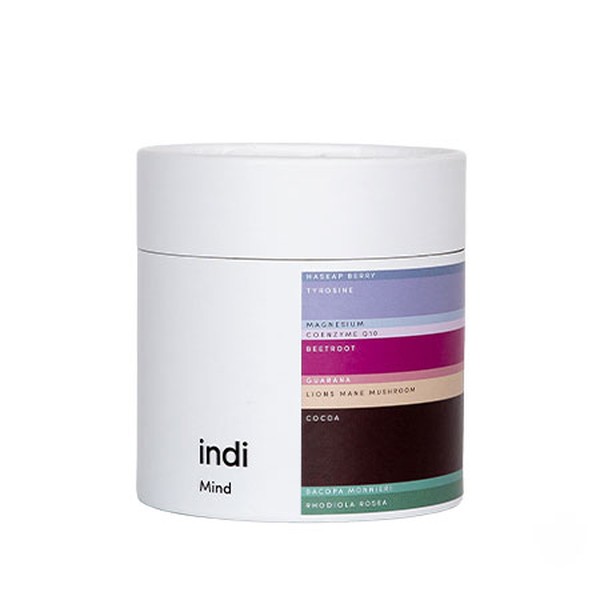
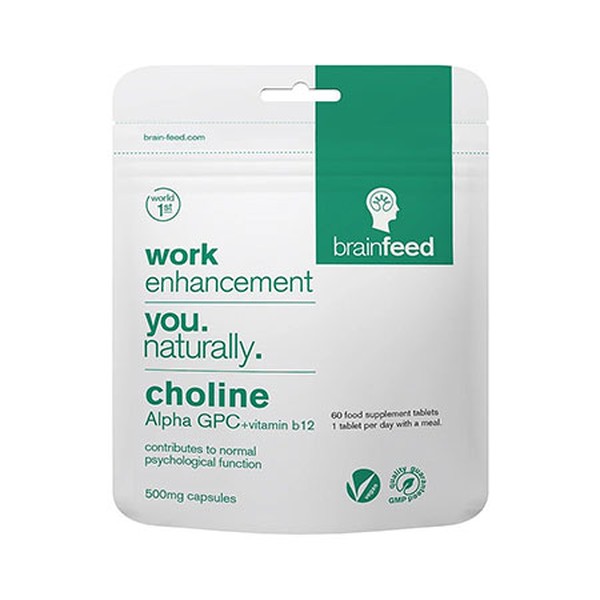
All products on this page have been selected by our editorial team, however we may make commission on some products.
DISCLAIMER: We endeavour to always credit the correct original source of every image we use. If you think a credit may be incorrect, please contact us at [email protected].
